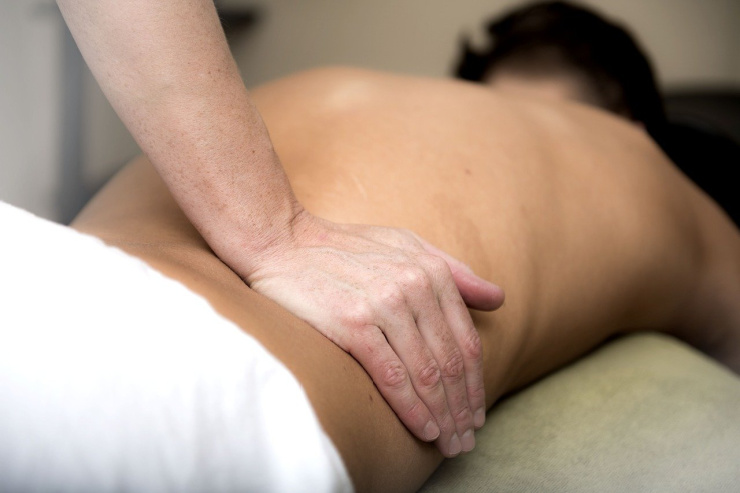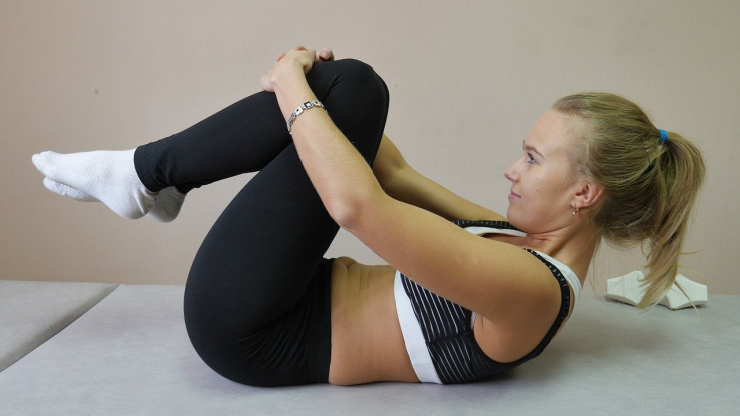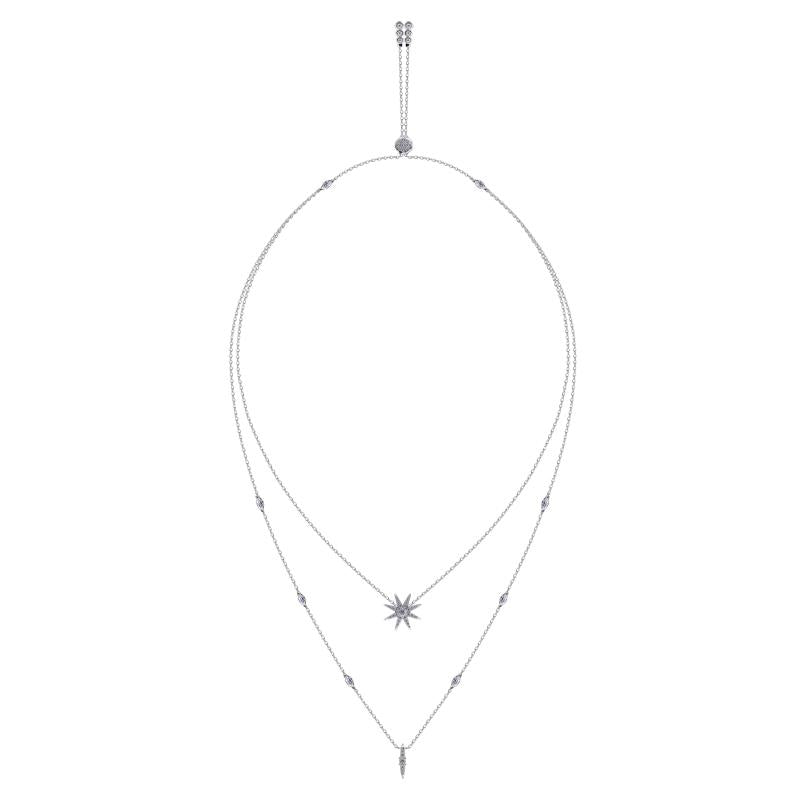Neck and back pain isn't a joke. It can be incredibly painful and debilitating and prevent you from doing several things. With so many sick days every year due to musculoskeletal disorders, it really helps to look after your neck and back. As what we do at work can also contribute to any musculoskeletal problems it helps to look at how we work and our posture at work. Just a few adjustments can reduce the amount of neck and back pain you get. It may be useful to get advice from a specialist too like a rheumatology specialist.
Let's have a look at some tips to reduce neck and back pain at work. This is an advertorial.
Posture
Poor posture can make your back and neck hurt. When you are sitting at a desk, on a computer or on the phone you often get lazy and don't think of your posture. Slumping in a chair to do our work puts a toll on our neck and back. So the first thing we need to do is look at our posture. Let's have a look at how we do that.
Sit upright
Sit upright to help prevent any neck and back pain. Sitting upright with your shoulders back can really work. Your feet should be on the floor and your lower back should be flush with your chair. Look for a good chair with lumbar support as this can help prevent back pain. You can buy a portable lumbar support cushion if a new chair isn't an option. Lumbar supports help keep your spine in a natural position and help prevent strain on your back.
Positioning
Your computer or monitor needs to be in the correct position as does your body. If you are working from home don't sit on the sofa with the laptop on your lap, I know we all do it but you are asking for trouble if you do this long term. Your computer or monitor should be directly in front of you. You don't want the computer or monitor to be too low, as this will make you angle your head and put stress on your neck and shoulders. It helps if you have a desk with an adjustable height for this. an ergonomic keyboard can help with arm and hand pain too. When you answer your phone be careful of your positioning too, don't bend your head forward. You also want to avoid pinning your phone between your head and neck if you are doing something else.
Try exercises
Gently rotate your shoulders back hold and release. Every so often gently stretch up and then down. If you are working in an environment with other people then you may want to do this on your break, but it's important you do some simple exercises to prevent neck and back pain. It may be a good idea to set an alarm on your phone to remind you. Some simple flexibility exercises can help prevent neck pain. Even a simple gentle rotation of your neck, to the left for 5 seconds and to the right for five seconds can help improve your neck mobility and flexibility.
Take a break
It's important to take a break on a regular basis to change your position. Get up. walk around, and make a cup of tea. Sitting in the same position for hours really puts a strain on your body posture and is no good for your neck and back. On your lunch break, it can help to go for a short walk, which can also help clear your mind. If you have a green space near you, go for a walk there as walking in nature can really help stress. If you have a long lunch session, you could consider going to a yoga or pilates session. Pilates especially involves strengthening the body's core through stretching exercises and looking at body posture.
Stand more
If you find it hard to take a break from work try a standing desk. A standing desk like the Yo Yo Desk PRO 2 is great as it has adjustable height. When your computer, monitor, or desk is at the right height, this prevents neck and back pain as I have already mentioned as it puts less strain on your neck and back. It is also thought that standing at work can make you more productive, become more creative and burn more calories too. Sit-Stand desks are recommended by the London Spine Clinic. Check out more information on the benefits of Sit-Stand desks by the Posture Group here.
Conclusion
As you can see there are a number of things you do to help reduce and prevent neck and back pain at work. With some simple exercises, taking a regular break and looking at your positioning I hope this will reduce neck and back pain for my readers. If you are still having pain, always consult a medical specialist. Let me know, have you ever had neck and back pain? If so what helped you?
*AD


















































